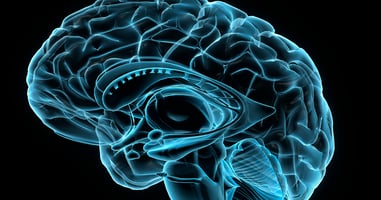More than half of patients with eating disorders have at least one other psychiatric condition such...
Pediatric Bipolar Disorder Plus ADHD May Be Distinct
 |
They studied a large cohort of children with bipolar disorder, ADHD, or both, as well as the relatives of the children. They found that when children had bipolar disorder alone, their relatives were also more likely to have bipolar disorder alone, and that when children had ADHD alone, their relatives were also more likely to have ADHD alone. And when youngsters had both bipolar disorder and ADHD, their relatives were also more likely to have both.
"The co-segregation findings suggest that ADHD plus bipolar disorder is a distinct familial entity and, perhaps, a distinct disorder," Biederman and his colleagues write in their paper, which appears in the January Journal of Psychiatric Research . "The idea that ADHD comorbid with bipolar disorder is a distinct disorder is further supported by emerging neurobiological findings." For example, the gene that codes for the dopamine transporter has been linked with both ADHD and bipolar disorder.
More information about pediatric bipolar disorder and pediatric ADHD can be found in
Psychiatric News and in a new American Psychiatric Publishing book--
Clinical Manual of Child and Adolescent Psychopharmacology, Second Edition.
(Image: littleny/Shutterstock.com)





